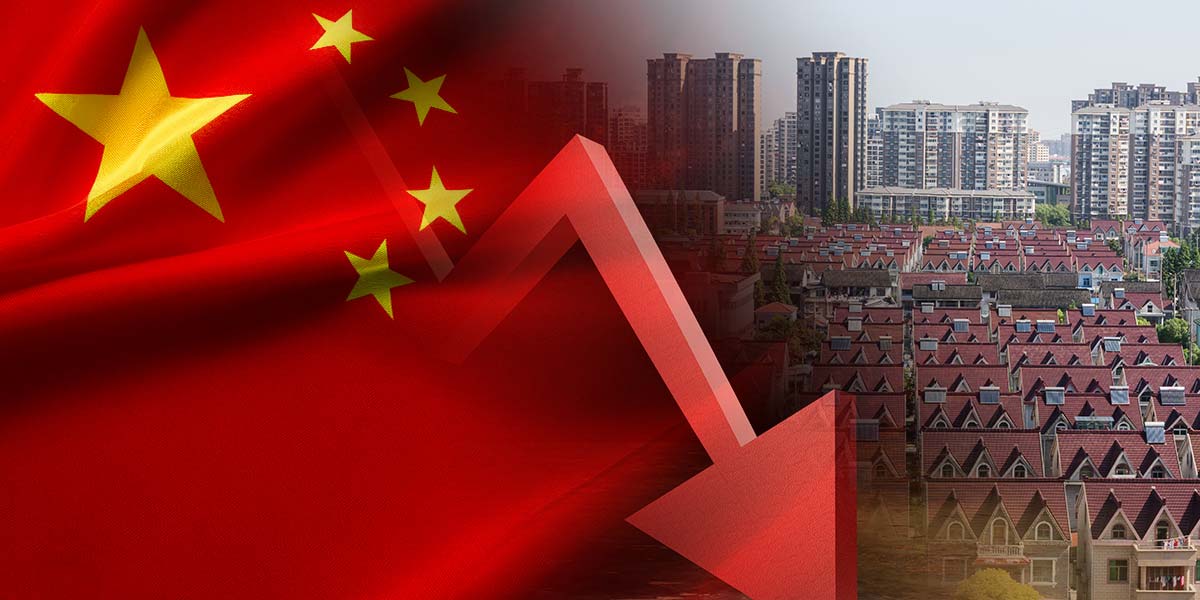China’s residential property market suffered a steeper downturn in July as new-home prices registered their sharpest fall in nine months. Official data released Friday reveal the limited impact of recent stimulus policies and amplify calls for more decisive government action.
Across 70 major cities, new-home prices—excluding state-subsidized projects—dropped 0.31% from June, according to the National Bureau of Statistics. While secondhand home prices also fell, the pace of decline moderated to 0.55% from 0.61% the previous month.
The sector’s prolonged contraction, now in its fifth year, shows little sign of ending, with property sales continuing to shrink since the second quarter.
Authorities have rolled out a flurry of measures—most recently September’s stimulus drive—but momentum has waned. Beijing is reportedly preparing to mobilize state-owned enterprises to absorb unsold inventories from cash-strapped developers, a move revealed by Bloomberg on Thursday.
Fitch Ratings analysts expect the market to weaken further in the second half of the year unless there is a marked improvement in the broader economy, labor market, and household incomes.
The ripple effects of real estate’s downturn extend well beyond housing. In July, China’s economic activity cooled across the board, with both manufacturing and consumer spending missing expectations. Nomura economists warn of a “demand cliff” for the remainder of 2025 as subdued exports, excess factory capacity, and ongoing property woes weigh on sentiment.
Even China’s Tier 1 cities—traditionally seen as bellwethers for the sector—were not spared, posting at least a 0.9% drop in pre-owned home values in July. Yet the rate of price declines has eased somewhat in smaller cities where local government interventions have become more aggressive.
Investment in real estate plunged 12% during the first seven months of the year, marking the steepest contraction since the onset of the pandemic. The property default crisis continues to claim casualties, with Hong Kong courts ordering the liquidation of developers including China South City Holdings after years of missed payments. China Evergrande, once the symbol of the sector’s explosive growth, now faces delisting in Hong Kong.
While Beijing has moved to relax buying restrictions in parts of the capital in a bid to revive activity—allowing residents to purchase unlimited homes in outlying districts—market watchers note that the effect has been muted so far. Similar measures could spread to Shanghai and Shenzhen, though analysts warn most demand remains concentrated in core urban areas.




